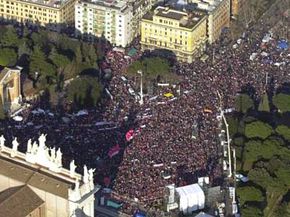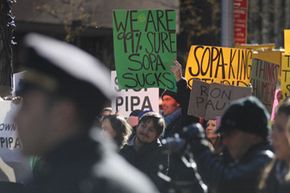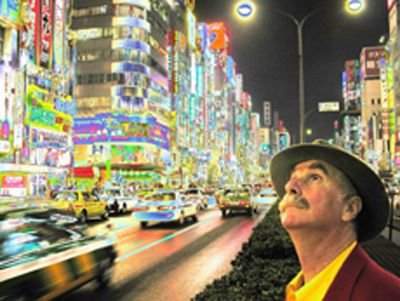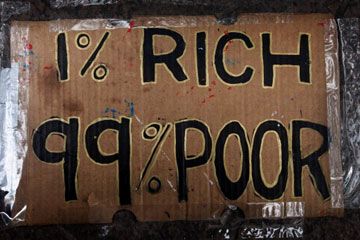Unless you've just recently wandered out of a magical kingdom, you've probably noticed something about the human race: People don't get along with each other all that well. Oh sure, in small groups, they'll forge unbreakable bonds of friendship and love. In larger numbers, they can even prove remarkably tolerant at times. Nevertheless, in the end, the old adage holds true: You can't please all of the people all of the time.
The tiniest of issues, such as choosing a pizza topping, can prove violently divisive, and the big issues of religion, politics and human rights are the stuff of unending warfare and long-standing cultural division. When humans disagree with a stance or policy maintained by either the social majority or a center of political or economic power, they often lift their voice in protest.
Advertisement
The methods of protest vary greatly. One activist may create a stirring piece of art to highlight his or her cause, or a thousand activists may rally together in the streets. Either way, the aim is simple: Draw enough attention to a message, convince enough people of your cause's moral superiority and you can change the way a government, industry or society acts and thinks.
But just how unified can such an argumentative species get? If you look back through the annals of recorded history, what protest has gathered the largest number of people to a single place?
Read the next page to find out.
Advertisement




